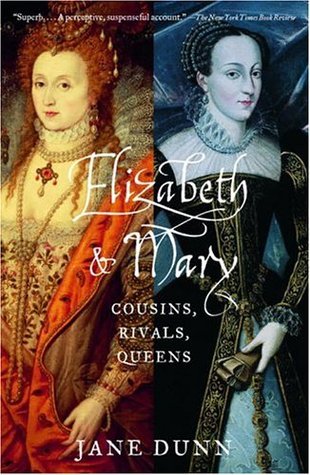
Kings and Queens of England
Book Description
Power, betrayal, and ambition collide in the annals of England’s monarchy. **Kings and Queens of England** delves deep into the lives of rulers who shaped a nation, revealing the scandalous secrets, fierce rivalries, and passionate romances that ignited dynasties. From the ruthless tactics of warrior kings to the cunning strategies of queenly powerhouses, every reign unravels a complex tapestry of triumph and tragedy. Antonia Fraser invites readers to witness the dizzying rise and fall of empires, where loyalty is fleeting and trust, a dangerous game. What hidden truths lie beneath the crown's glittering facade?
Quick Book Summary
"Kings and Queens of England" by Antonia Fraser is a sweeping exploration of the lives, triumphs, and tribulations of England's monarchs. Fraser masterfully chronicles the personal and political journeys of rulers from William the Conqueror to the present, shining a light on the power struggles, scandals, and intricate webs of loyalty and betrayal that shaped both the monarchy and the nation. Through vivid storytelling and meticulous research, Fraser reveals the human stories behind the crown—ambition, romance, tragedy, and perseverance. More than just a chronological record, the book examines the monarchy’s evolving role and impact on English society, demonstrating how the personalities, passions, and decisions of rulers forever altered the fate of a nation. This accessible yet rich work blends biography, history, and intrigue, offering both serious students and casual readers insight into the legacy and allure of British royalty.
Summary of Key Ideas
Table of Contents
Dynastic Ambition and Succession Struggles
Antonia Fraser begins by setting the stage with the Norman Conquest, a moment that upended English society and established new norms for royal power. Early monarchs used military power, cunning alliances, and alliances by marriage to carve out their domains. Succession was rarely secure; rival claims and civil strife often erupted, as with the wars of the Roses and later the turbulent transitions between Tudor, Stuart, and Hanoverian lines. This backdrop of constant ambition and rivalry defined the English crown through centuries of upheaval and change.
Scandals, Betrayal, and the Costs of Power
Power rarely came without a price. Fraser details the ever-present shadow of betrayal, rebellion, and scandal that haunted the monarchy. Personal rivalries, such as the rift between Henry II and Thomas Becket, and the execution of Charles I reveal how the crown was always vulnerable. The court was a dangerous place, rife with plots, infidelities, and intrigue—where queens and mistresses wielded covert influence and loyal relatives could swiftly become enemies. Scandal and rumor could topple reputations, with lasting consequences for both the crown and the country.
The Changing Role of Monarchy in Society
Over time, the role of monarchy in English society changed radically. From the absolute power wielded by medieval kings, England moved through phases of limited monarchy, constitutional rule, and finally toward ceremonial kingship. Fraser considers not just the public duties but the private challenges of adapting to changing social and political climates. Rulers like Elizabeth I, Victoria, and Elizabeth II are examined for their adaptability, resilience, and ability to connect with or alienate their people during moments of crisis and change.
Personalities and Private Lives Behind the Crown
The human stories behind each monarch are brought to life through Fraser’s focus on their personalities, loves, and losses. Readers meet the passionate and impulsive Henry VIII, the scholarly yet tragic Lady Jane Grey, and the stoic Queen Victoria, among many others. Fraser reveals the personal motivations—whether love affairs, personal beliefs, or childhood traumas—that influenced major decisions. The reader gains a sense of the often lonely and demanding path of royal life, where public facades concealed immense personal sacrifice and complexity.
The Enduring Legacy of Royal Rule
The book concludes by reflecting on the legacy of England's monarchs. Some left indelible marks by reforming laws, stabilizing the nation, or expanding the empire; others are remembered for scandals or misrule. Yet, as Fraser argues, the continuity of the monarchy, with all its drama and transformation, has been central to the identity and history of England. The enduring fascination with royalty, she contends, is rooted not just in power but in the universal themes of ambition, tragedy, and the search for legacy.
Download This Summary
Get a free PDF of this summary instantly — no email required.





